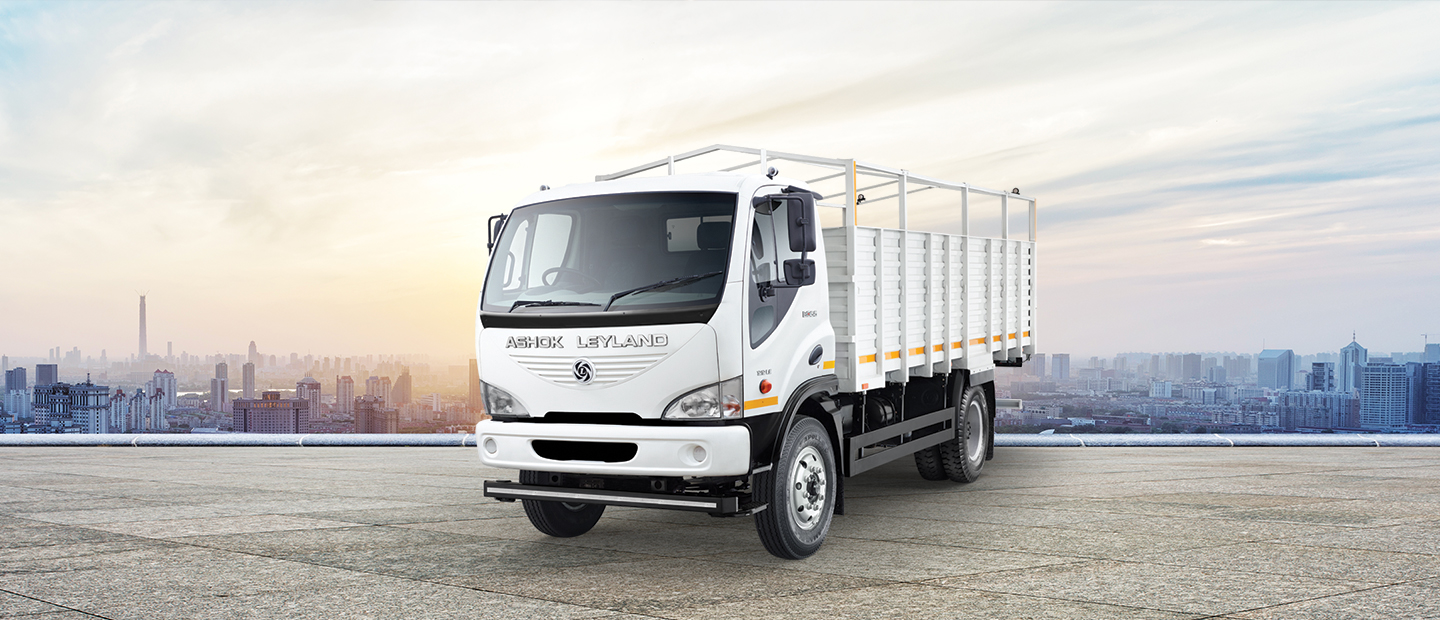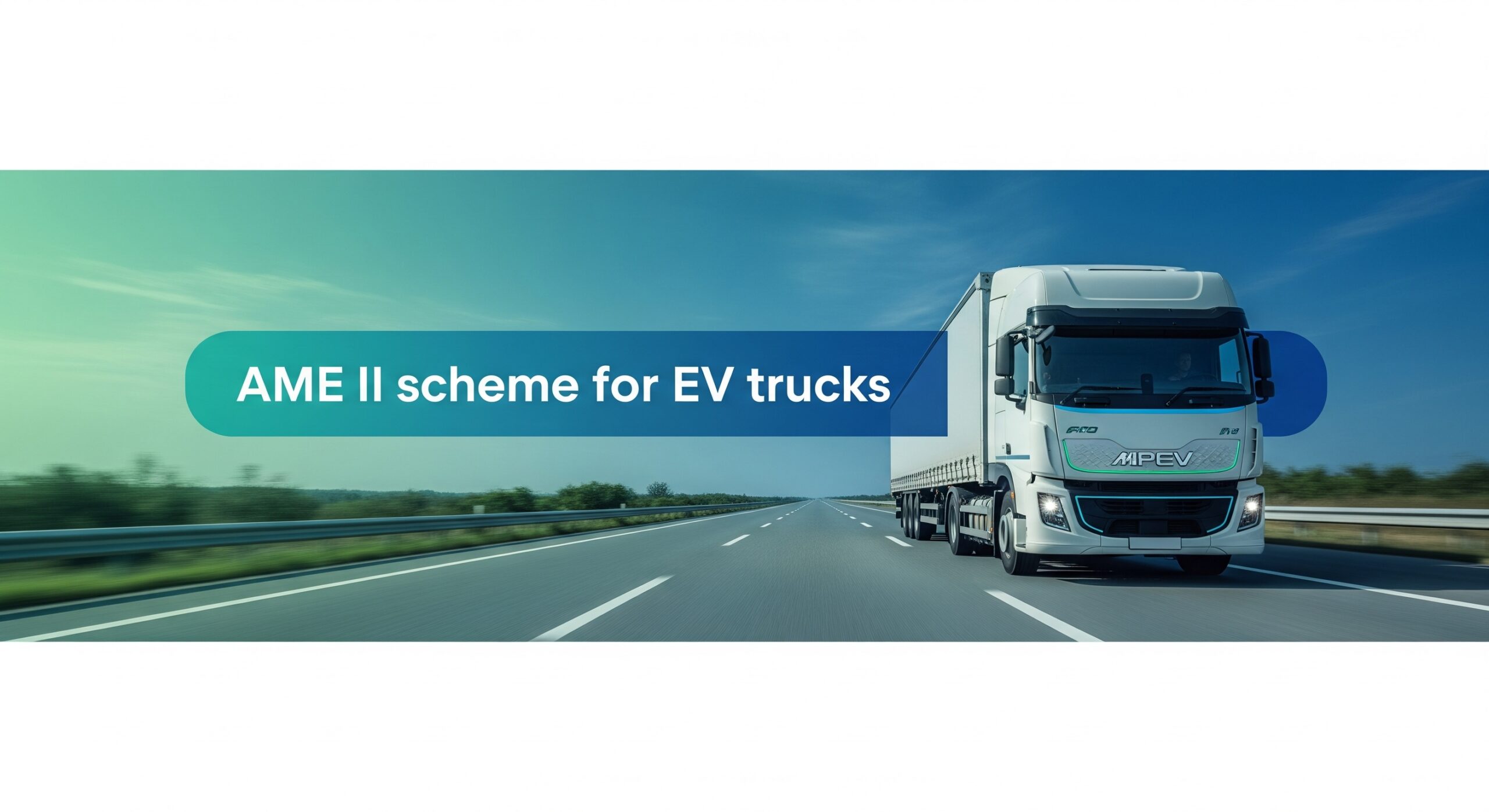The electric vehicle (EV) ecosystem in India is rapidly expanding, and Jio-bp Pulse, a joint venture between Reliance Industries Limited (RIL) and bp, is at the forefront of this transformation. With the Government of India pushing for cleaner mobility and the EV adoption rate increasing, the demand for reliable EV charging infrastructure is higher than ever.
Among the many players in this space, Jio-bp is creating an extensive charging network that includes public fast charging hubs, highway charging corridors, fleet charging solutions, and even potential battery swapping networks in the near future.
In this article, we will explore the types of Jio-bp charging stations, their investment requirements, expected ROI, eligibility criteria, and business opportunities for entrepreneurs who want to enter this growing sector.
Why Jio-bp EV Charging Stations Matter
Before diving into types, it’s important to understand why Jio-bp charging stations are gaining attention:
-
Pan-India presence: Jio-bp is building one of the largest networks of charging stations in India.
-
Brand trust: Backed by Reliance and bp, two global giants in energy.
-
High ROI potential: With EV adoption projected to grow at 49% CAGR till 2030, charging stations are expected to deliver strong returns.
-
Diversified models: Unlike smaller players, Jio-bp offers multiple charging solutions for different segments — retail EV users, fleets, and long-haul transport.
1. Public Fast Charging Hubs
What Are Public Fast Charging Hubs?
These are dedicated charging stations set up in urban areas, malls, IT parks, fuel stations, and public parking spaces where EV owners can quickly charge their vehicles.
Jio-bp has branded these as “Jio-bp Pulse” charging hubs, offering DC fast chargers with capacities ranging from 30 kW to 120 kW.
Investment & Costing
-
Setup cost: ₹20 lakh – ₹50 lakh (depending on land, location, and number of chargers).
-
Land requirement: Minimum 1000–1500 sq. ft. if standalone, less if inside an existing fuel pump.
-
Electricity load: Minimum 100 kW sanctioned load for multiple chargers.
-
Operational cost: Electricity bills + software license + minimal staff.
ROI Potential
-
Revenue model: Per kWh charging fees (₹15–₹22/kWh in most states).
-
Expected monthly revenue: ₹3–5 lakh for a busy metro location.
-
Payback period: 3–4 years, faster if EV adoption grows quickly.
Who Can Apply?
-
Petrol pump owners.
-
Malls, hospitals, IT parks.
-
Private entrepreneurs with roadside land in metros.
-
Businesses wanting to attract EV customers (cafes, multiplexes, restaurants).
2. Highway Charging Corridors
What Are Highway Charging Corridors?
Highway charging corridors are strategically placed charging stations along national highways and expressways. They cater to long-distance travelers, buses, and logistics fleets.
Jio-bp has already partnered with OEMs like Mahindra, Tata Motors, and TVS to deploy fast-charging corridors across India.
Investment & Costing
-
Setup cost: ₹30 lakh – ₹1.2 crore (depends on size, number of charging guns, and power backup).
-
Land requirement: 2000–5000 sq. ft. (must have space for trucks/buses).
-
Charger types: Ultra-fast DC chargers (60–240 kW).
-
Electricity backup: Diesel gensets or solar-hybrid solutions to ensure 24/7 availability.
ROI Potential
-
Revenue model: Premium fast-charging rates (₹18–₹25/kWh).
-
Expected monthly revenue: ₹5–10 lakh (especially on busy corridors like Delhi–Mumbai, Chennai–Bengaluru).
-
Payback period: 2.5–4 years depending on traffic density.
Who Can Apply?
-
Roadside dhaba or restaurant owners with spare land.
-
Petrol pump dealers.
-
Logistics parks and warehouse operators near highways.
-
Entrepreneurs near toll plazas.
3. Fleet Charging Solutions (For Cabs & Logistics)
What Are Fleet Charging Solutions?
Fleet charging stations are dedicated hubs built for commercial EV fleets like Ola, Uber, BluSmart, Amazon delivery vans, Flipkart EV fleets, and logistics companies.
Instead of random EV owners, the clients are bulk operators who need daily charging for dozens or hundreds of vehicles.
Investment & Costing
-
Setup cost: ₹40 lakh – ₹2 crore (depends on fleet size and chargers).
-
Land requirement: 3000–10,000 sq. ft. (can be inside industrial zones).
-
Electricity load: High sanctioned load (200–500 kW).
-
Software: Smart load balancing, fleet management tools.
ROI Potential
-
Revenue model: Long-term contracts with fleet operators (₹10–₹20 lakh per month depending on volume).
-
Expected monthly profit: ₹4–6 lakh (stable since fleets charge daily).
-
Payback period: 2–3 years (fastest among all models).
Who Can Apply?
-
Businesses with industrial land near city centers.
-
Entrepreneurs in logistics hubs (Gurugram, Bhiwandi, Hyderabad, Bengaluru outskirts).
-
Taxi fleet operators who want to invest in their own charging hub.
4. Swapping vs. Charging (Future Plans)
What is Battery Swapping?
Battery swapping allows EV users to exchange discharged batteries for fully charged ones within minutes instead of waiting for charging.
While NITI Aayog has proposed policies for swapping, Jio-bp is exploring partnerships in two- and three-wheeler segments.
Why Swapping Matters?
-
Time saving: Swap in 2–3 minutes.
-
Lower upfront EV cost: Battery is owned by the operator, not the user.
-
Great for fleets: 2W/3W delivery vehicles, e-rickshaws.
Investment & Costing
-
Setup cost: ₹10 lakh – ₹40 lakh (swapping kiosks + battery inventory).
-
Land requirement: 500–1500 sq. ft. (small kiosks possible).
-
Inventory: 50–100 batteries (₹50,000–₹1,00,000 each).
ROI Potential
-
Revenue model: Subscription-based (₹1000–₹3000/month per vehicle).
-
Expected monthly revenue: ₹2–6 lakh per kiosk.
-
Payback period: 2.5–3 years.
Who Can Apply?
-
Small entrepreneurs in urban areas.
-
Delivery partners (Zomato, Swiggy, Dunzo).
-
Auto-rickshaw stands, metro stations, and bus depots.
Key Requirements to Open a Jio-bp Charging Station
Regardless of the type, here are the common requirements:
-
Land: Owned/leased land in a high-traffic area (minimum 1000 sq. ft.).
-
Electricity connection: High sanctioned load from DISCOM.
-
Investment capacity: ₹20 lakh to ₹2 crore depending on station type.
-
Approvals: Local municipal permission + DISCOM NOC.
-
Partner with Jio-bp: Apply via their franchise/partnership program.
ROI & Profitability Comparison
| Type of Charging Station | Setup Cost | Monthly Revenue | Payback Period | Best For |
|---|---|---|---|---|
| Public Fast Charging Hubs | ₹20–50 lakh | ₹3–5 lakh | 3–4 years | Urban areas, malls |
| Highway Charging Corridors | ₹30 lakh–1.2 cr | ₹5–10 lakh | 2.5–4 years | Highways, dhabas |
| Fleet Charging Solutions | ₹40 lakh–2 cr | ₹10–20 lakh | 2–3 years | Logistics, cab fleets |
| Battery Swapping Stations | ₹10–40 lakh | ₹2–6 lakh | 2.5–3 years | 2W/3W operators |
Challenges to Keep in Mind
-
High upfront cost.
-
Dependency on EV adoption rates.
-
Land and electricity approvals may delay setup.
-
Technology upgrades (faster chargers may require reinvestment).
Future of Jio-bp Charging in India
-
Ultra-fast charging (350 kW+) for premium EVs.
-
AI-based smart charging to manage load.
-
Integration with renewable energy for sustainability.
-
Battery swapping network expansion for 2W and 3W fleets.
FAQs on Jio-bp Charging Stations
Q1. How much investment is required to open a Jio-bp charging station?
Depending on the type, the cost ranges from ₹20 lakh to ₹2 crore.
Q2. Is it profitable to open a Jio-bp charging station?
Yes. With rising EV adoption, ROI is 2–4 years, faster in fleet charging hubs.
Q3. Can individuals apply for a Jio-bp charging station?
Yes, entrepreneurs, petrol pump dealers, and landowners can apply.
Q4. Which type of charging station is best for small investors?
Battery swapping kiosks and public fast charging hubs are best for investments under ₹50 lakh.
Q5. How to apply for a Jio-bp charging station?
Visit the Jio-bp official website → Franchise/Partner section → Fill application → Submit land and investment details → Wait for approval.
Final Thoughts
The Indian EV market is entering a golden decade, and Jio-bp charging stations are positioned as a profitable and sustainable investment opportunity.
Whether you’re looking at public fast charging hubs in cities, highway corridors for long-haul travelers, dedicated fleet charging depots, or future-ready battery swapping kiosks, Jio-bp provides multiple models to suit different investment levels.
For entrepreneurs with the right land, capital, and long-term vision, partnering with Jio-bp can be one of the most rewarding ventures in the coming years.







Which is the Best EV Charging Franchise in India: Jio-bp or Tata Power? - EV Truck India
September 4, 2025[…] About Jio-bp Pulse […]
Why Indian Truck Drivers Are Scared of EVs (And How Companies Are Convincing Them) - EV Truck India
September 4, 2025[…] like Jio-bp Pulse, Tata Power EV Mitra, and Statiq are rapidly expanding highway charging […]